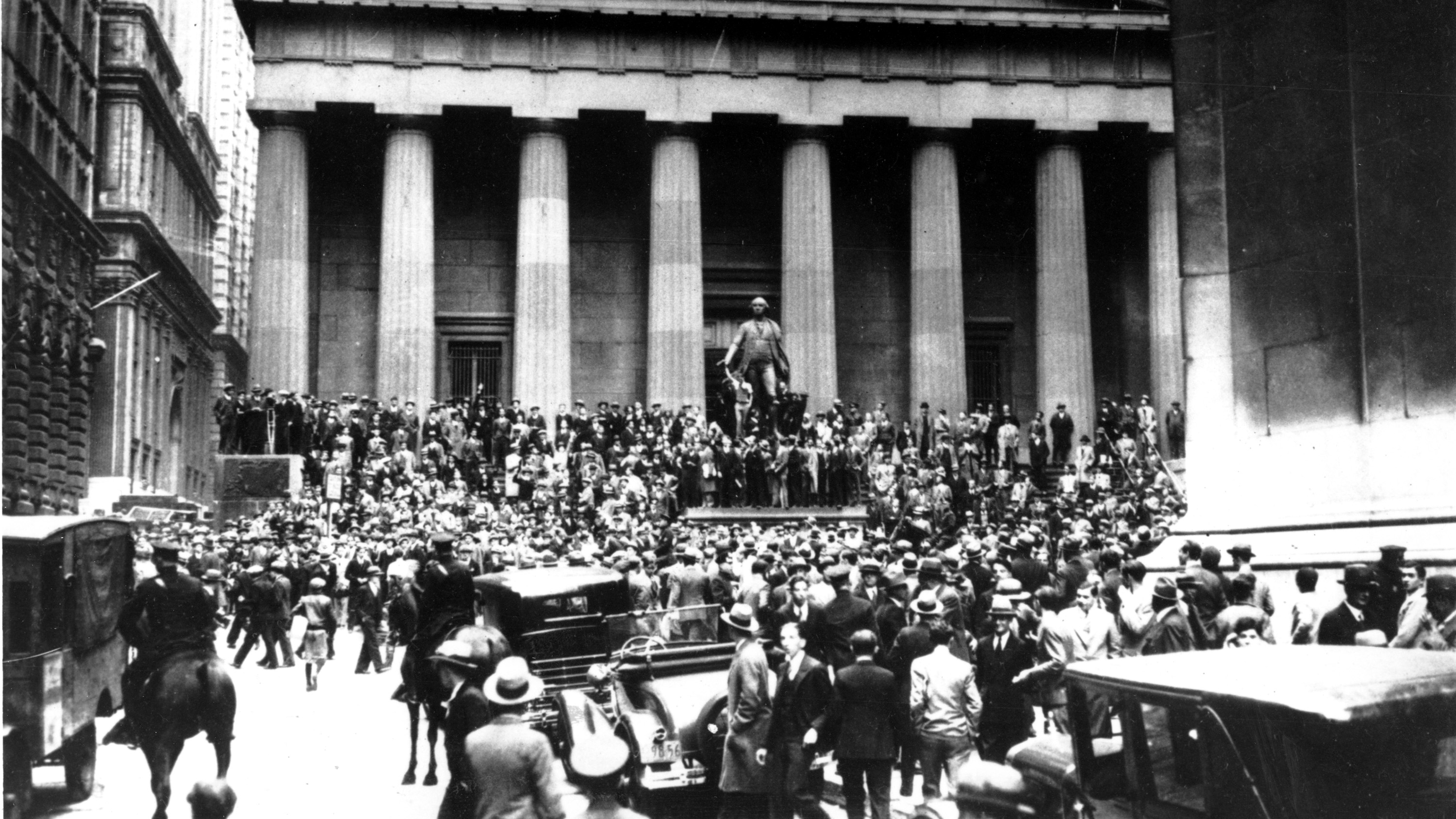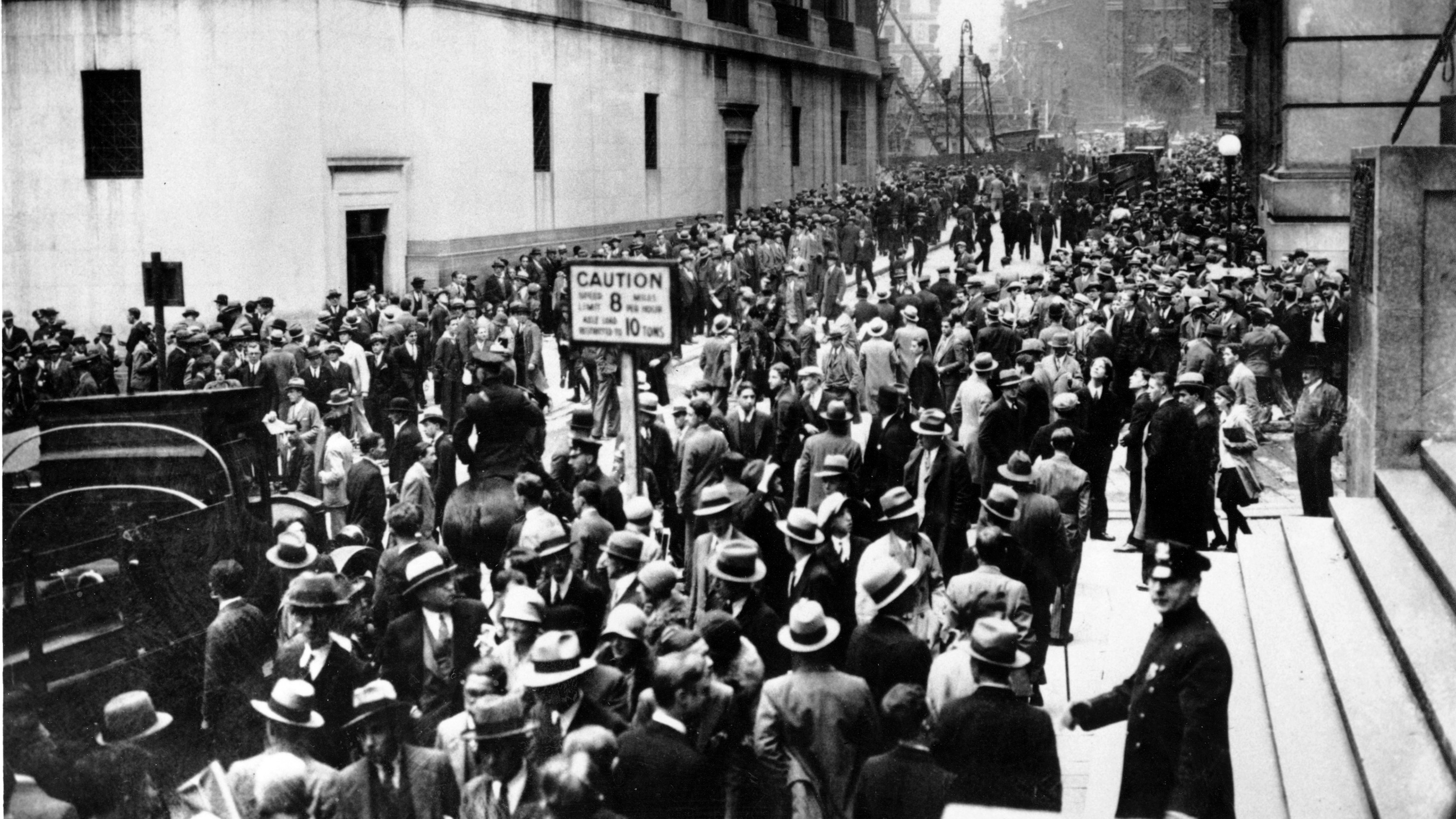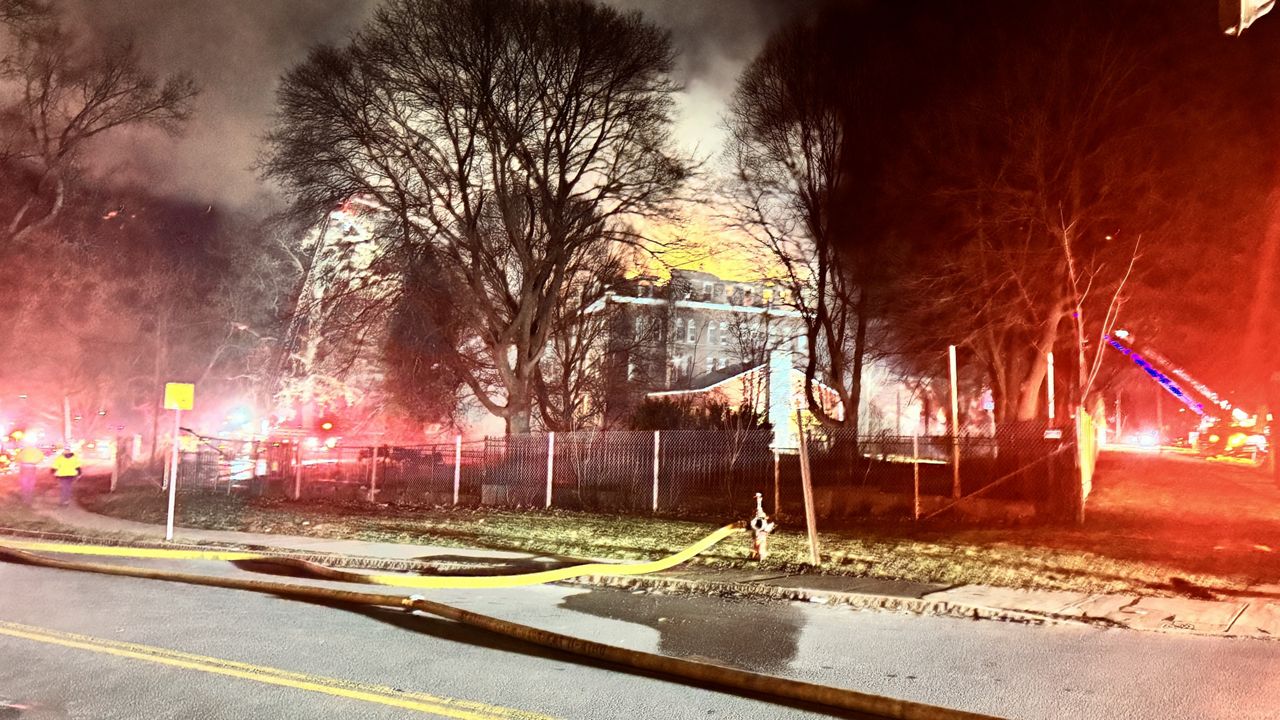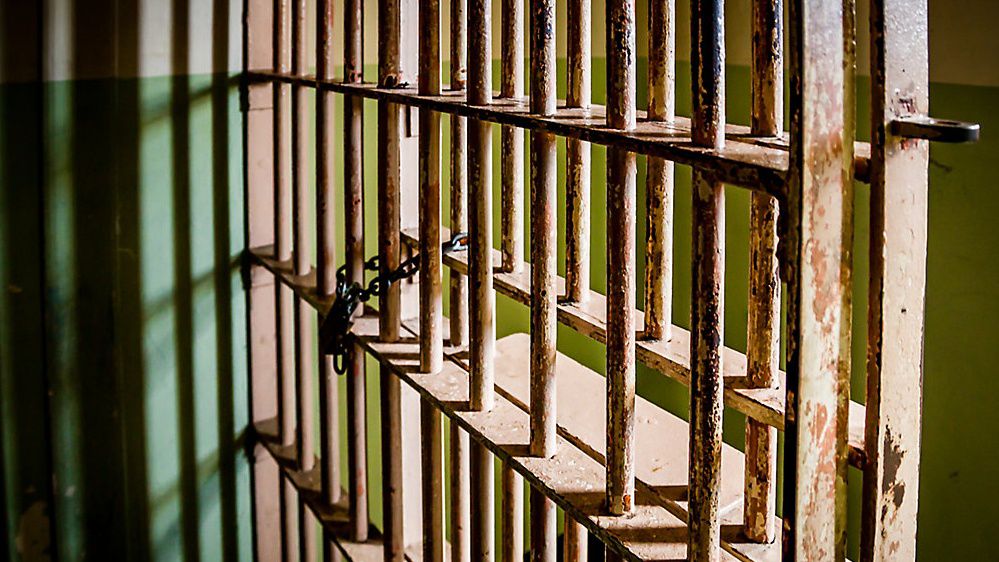This week marks the 90th anniversary of the stock market crash of 1929, which precipitated the decade-long Great Depression.
"The Great Depression was a hell of a thing. Hopefully we'll never see it again," said Ethan Gilbert, financial advisor at Rockbridge Investment Management.
After a span of unprecedented prosperity throughout the 1920s, the stock market dropped 25 percent on October 24, 1929, which would become known as "Black Thursday," and continued falling until "Black Tuesday" on October 29.

There have been recessions and panics since then, but nothing nearly as devastating, due in large part because of safe guards to protect the American public against a similar event from happening again.
RELATED | Is New York State Prepared for Potential Recession?
Stock market regulations were created and oversight was placed on banks. Circuit breaks stop trading when the market drops too low and strict regulations prevent people from investing with money they don't have. The Federal Deposit Insurance Corporation also oversees bank operations and insures depositor’s' money to prevent bank runs that became an iconic image in the 1930s.

While a drop like 1929 could potentially happen again, it wouldn't have the same the consequences today as it did 90 years ago. Indeed, financial advisors say trying to predict the stock market trends can cause more harm than good.
"More people have lost money trying to predict the stock market than have made money trying to predict the stock market," Gilbert said. "You are better off putting your money in the market and just holding and avoiding the impulses to buy or sell based on what you think is going to happen."
There has been some speculation of a potential economic downturn in 2020, but most economists are not predicting a recession.









